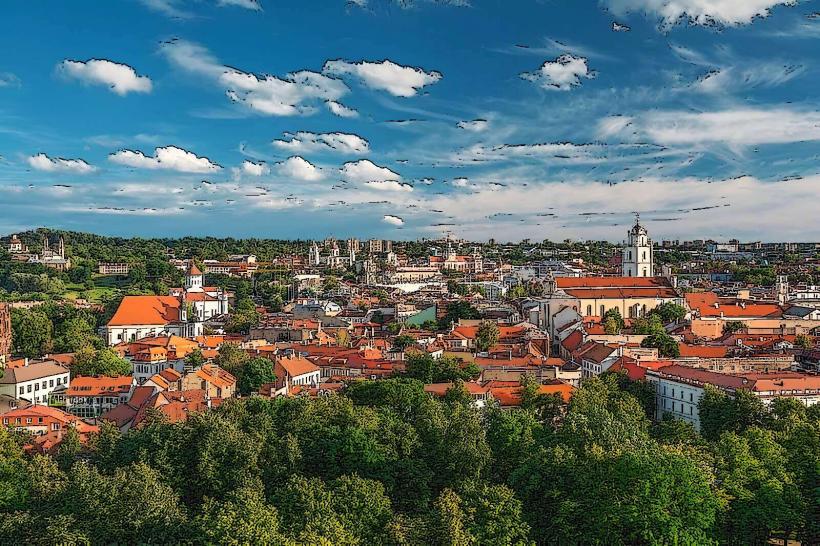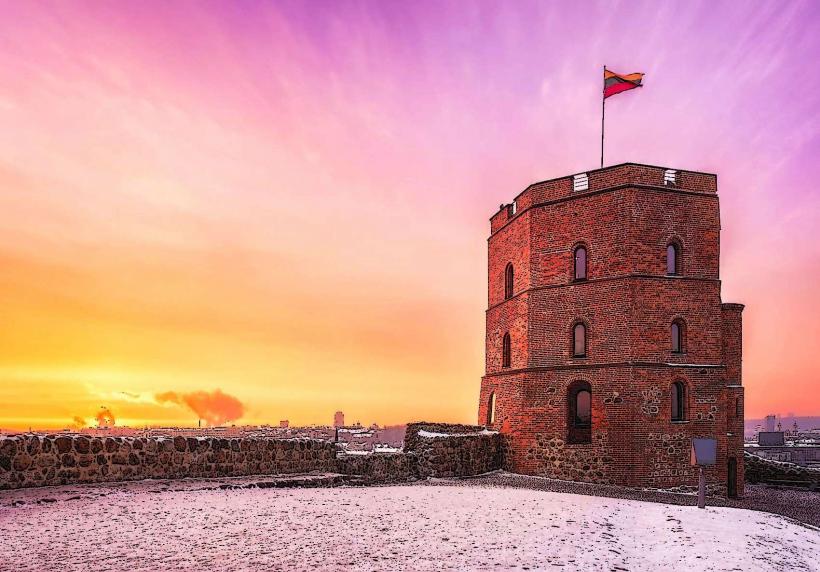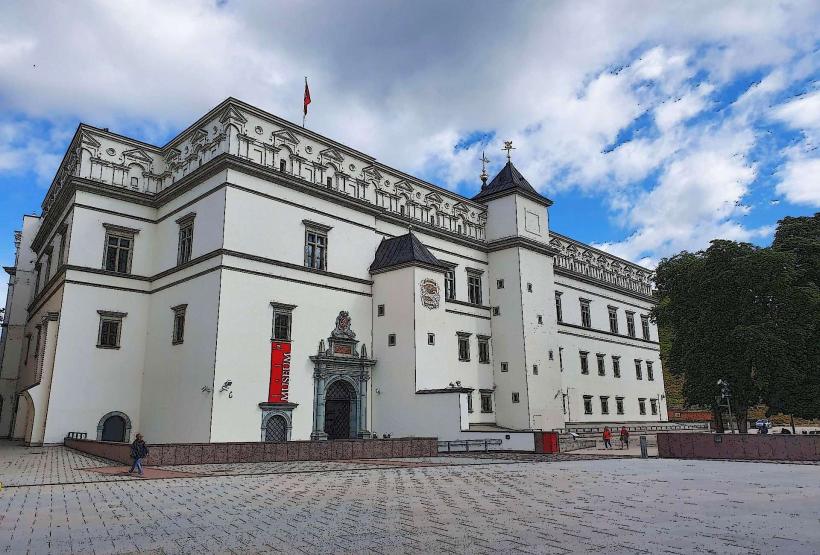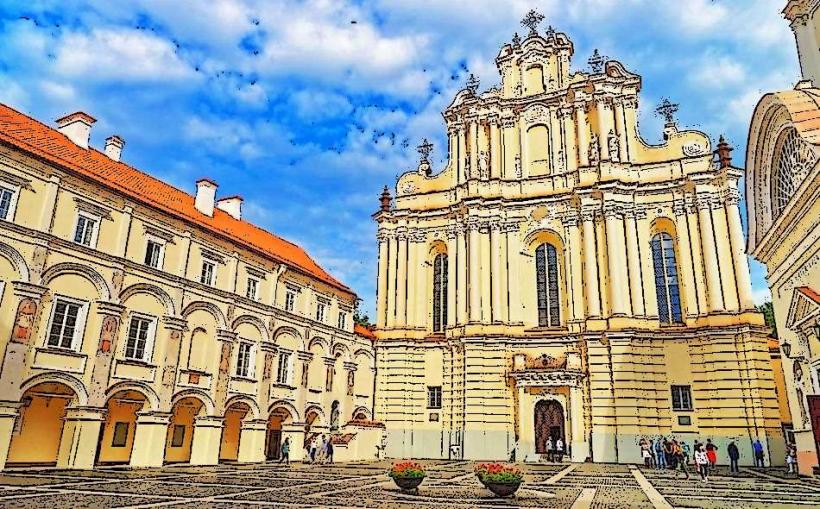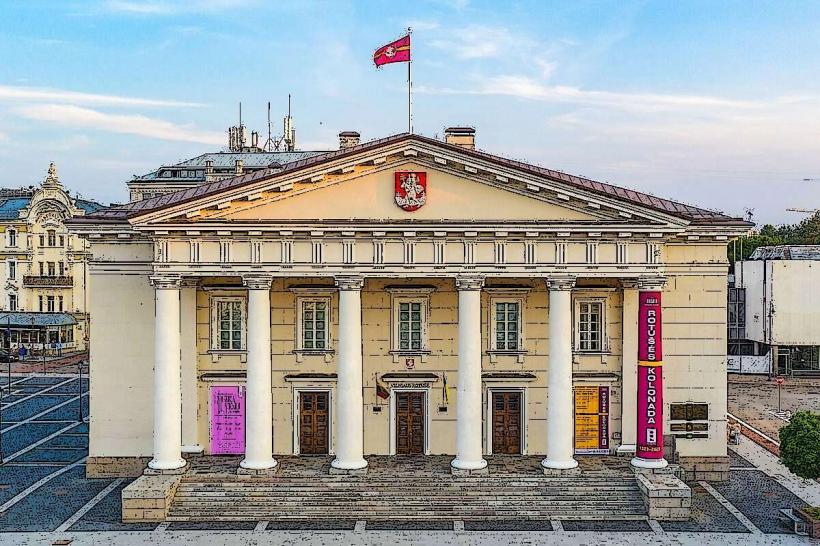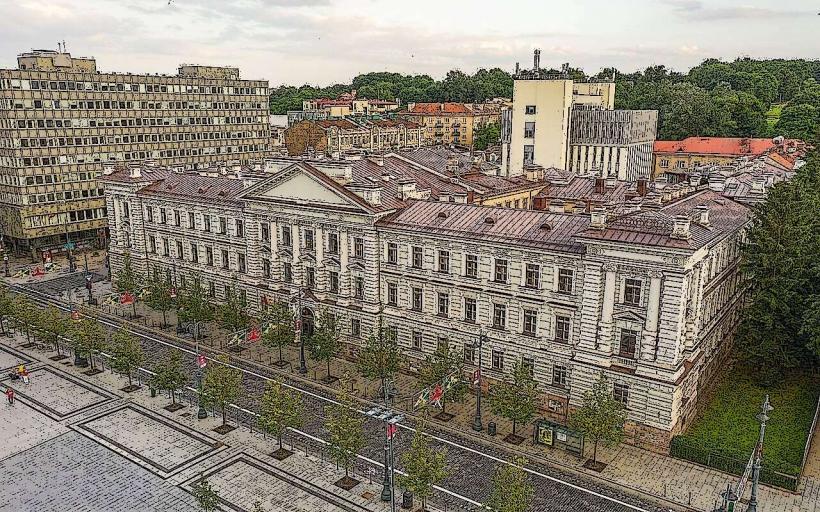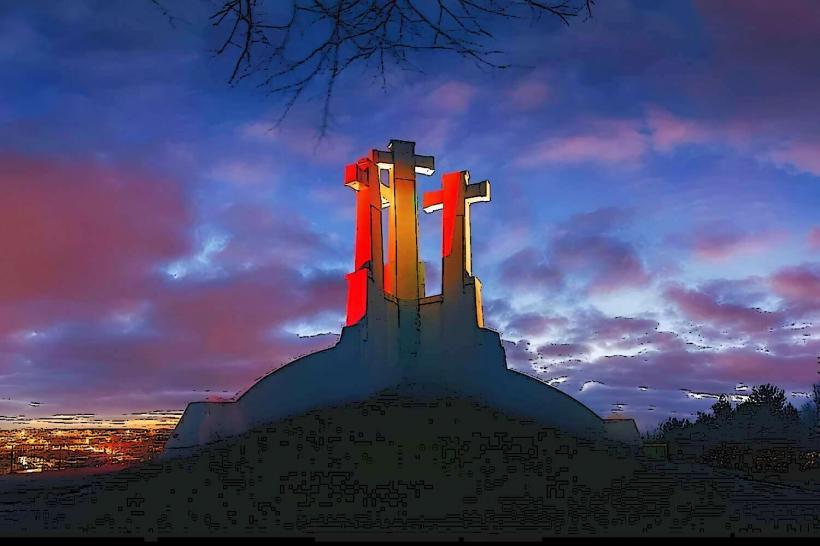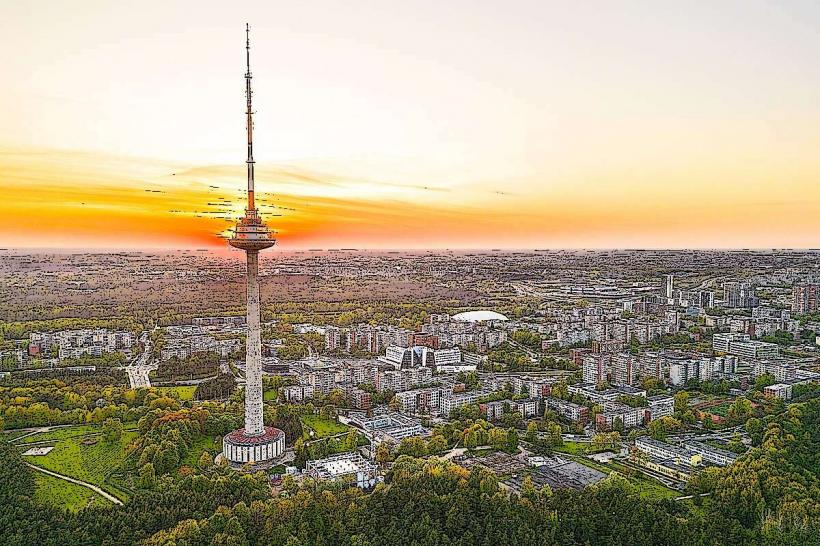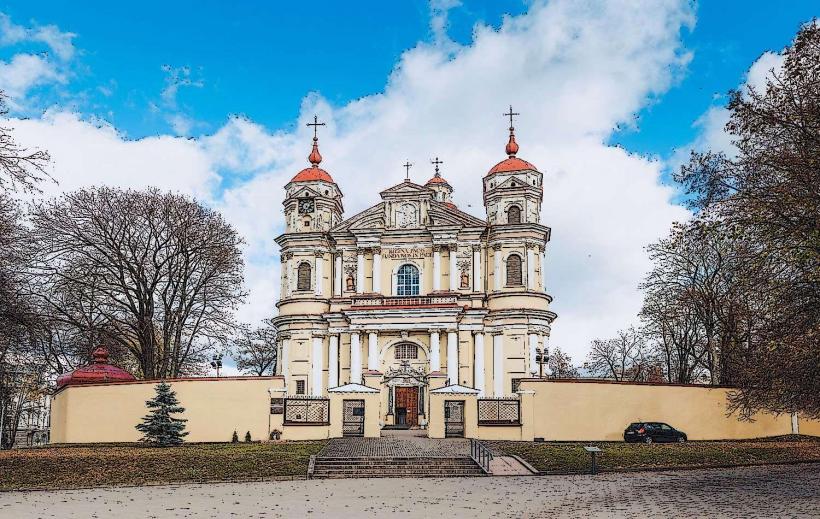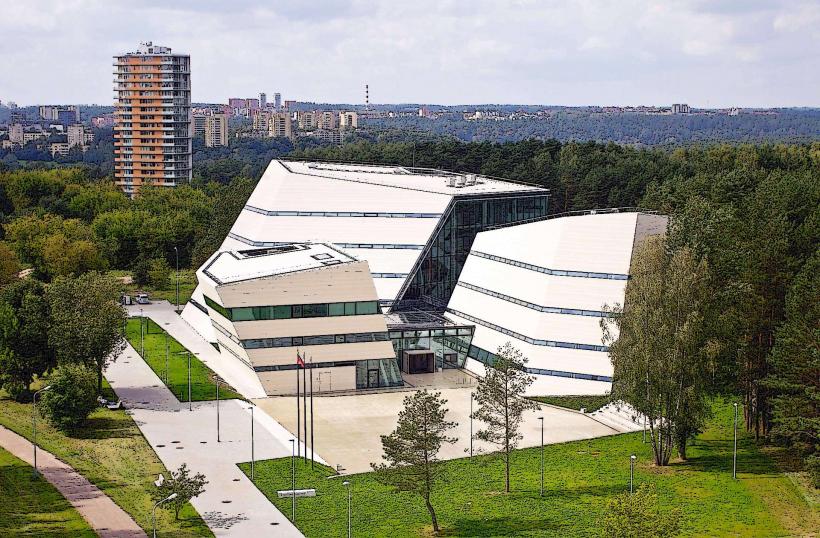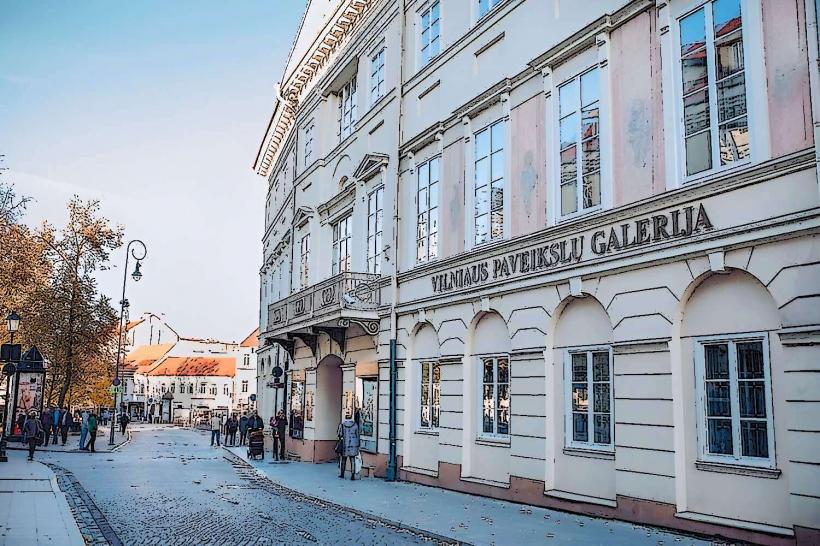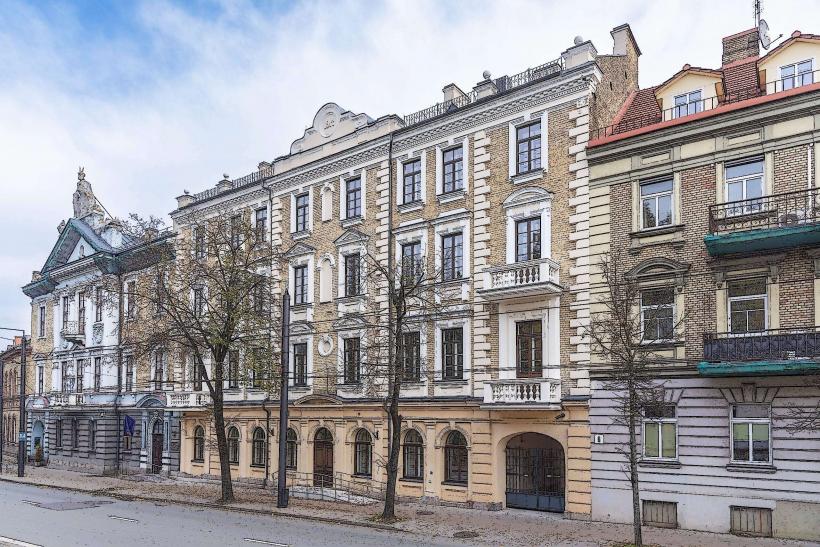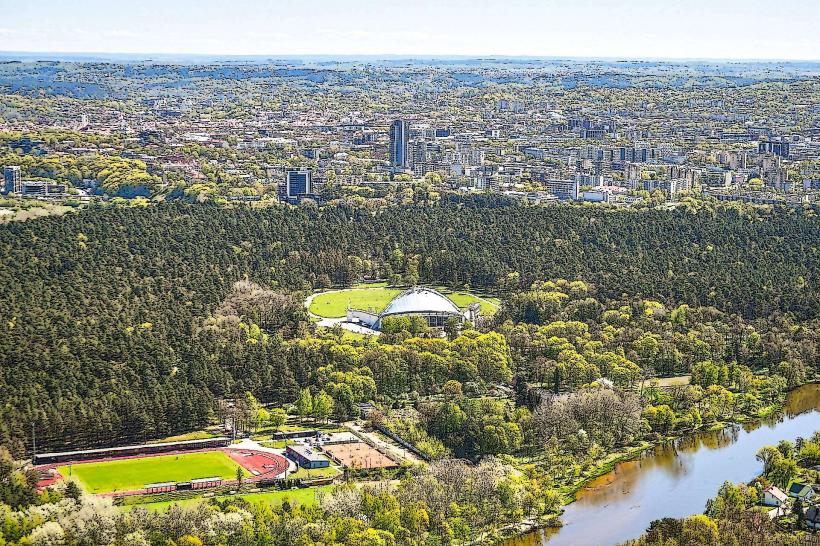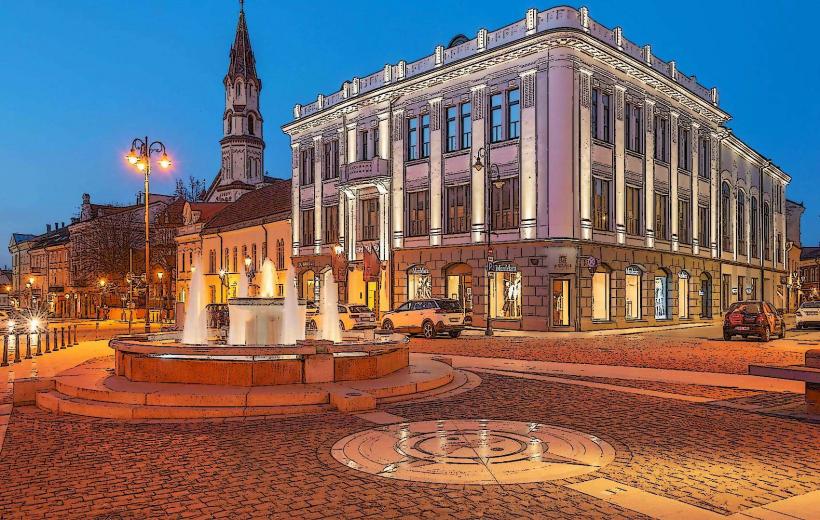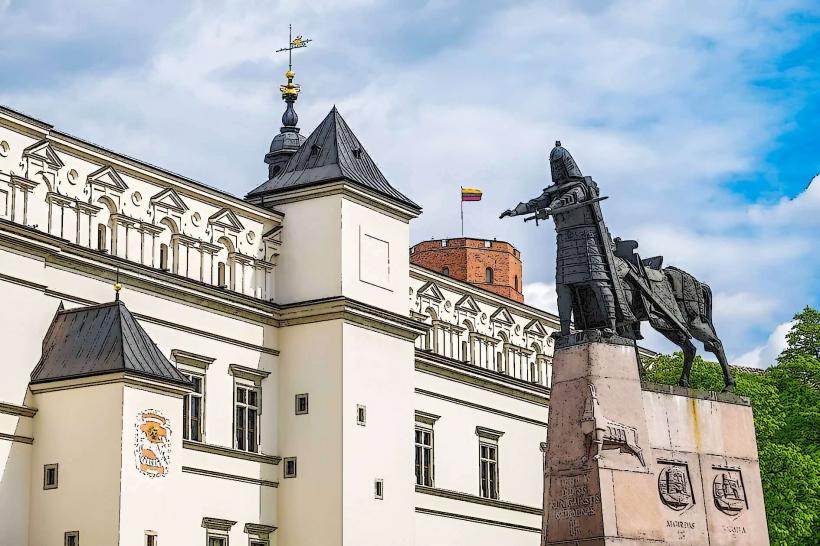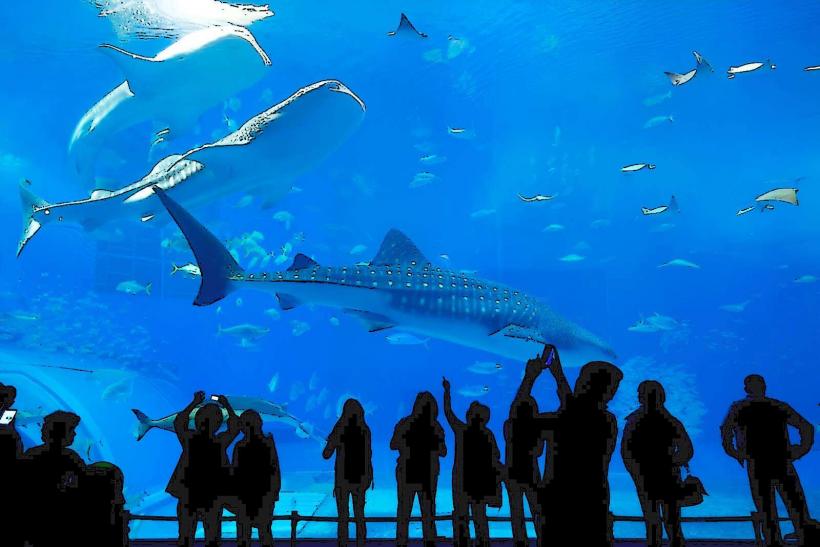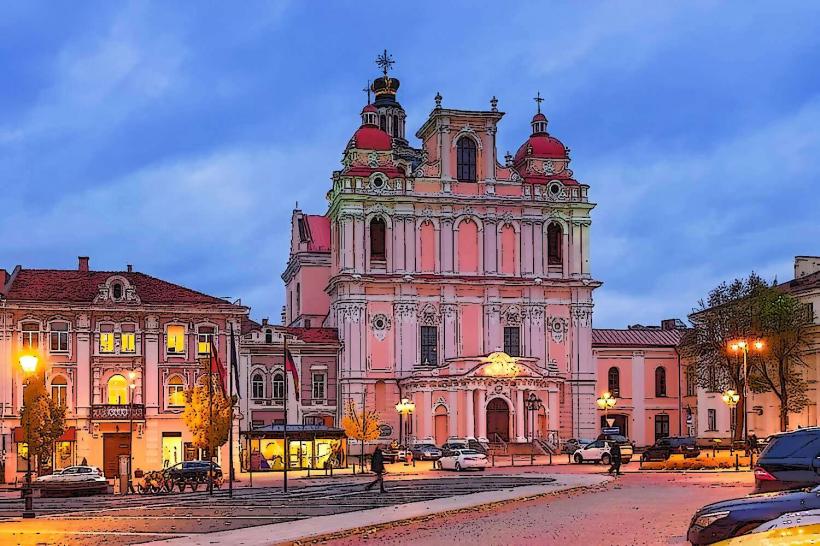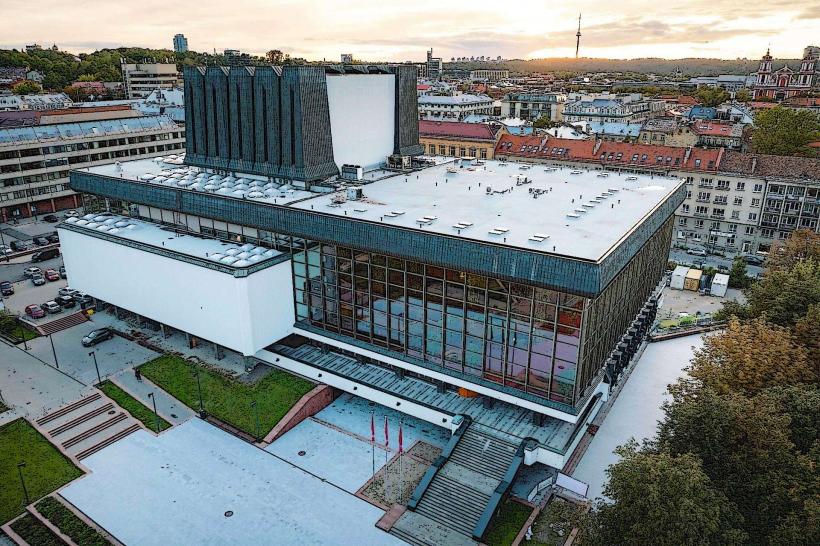Information
Landmark: Energy and Technology MuseumCity: Vilnius
Country: Lithuania
Continent: Europe
The Energy and Technology Museum (Energetikos ir technikos muziejus)
The Energy and Technology Museum in Vilnius, Lithuania, is a prominent museum dedicated to the history of energy, industrial technology, and scientific progress in Lithuania and beyond. Located in a former power plant, the museum provides a fascinating journey through the development of energy production, technological innovations, and the impact of these advances on society and the environment.
History and Establishment
Founding: The Energy and Technology Museum was founded in 1993 to preserve and showcase the rich history of energy production and industrial technology in Lithuania. It was established in the building of the Vilnius Power Plant, which was originally constructed in the late 19th century and served as a significant energy hub for the city.
Vilnius Power Plant: The museum is housed in the old Vilnius Power Plant, a historically significant building that dates back to 1903. This plant was one of the first in the region to use modern technologies for generating electricity, and it played a vital role in the development of Vilnius as an industrial center. The plant’s architecture is characterized by its industrial style, which is preserved in the museum, providing a rich historical backdrop to the exhibits.
Exhibits and Collections
The museum's collections focus on the historical and technical development of energy production and industrial machinery. It features a variety of exhibits showcasing the evolution of energy technologies, from the early days of steam power to modern electricity generation and renewable energy sources.
Energy Production: One of the central themes of the museum is the history of energy production, with a particular focus on how electricity was generated in Lithuania over the years. Visitors can explore the development of steam engines, turbines, and electrical generators that powered the country's cities and industries throughout the 20th century.
Industrial Machinery: The museum's collection includes numerous examples of industrial machinery and equipment that were used in factories, power plants, and other industrial sectors. These exhibits demonstrate the evolution of mechanical engineering and the role of technology in the development of industry in Lithuania.
Historical Energy Technologies: The museum showcases a variety of historical technologies, including steam engines, hydroelectric generators, and early electrical devices. These technologies were groundbreaking for their time and played a crucial role in the industrialization of Lithuania and Europe.
Renewable Energy: In addition to its historical exhibits, the museum also covers modern energy solutions, including renewable energy technologies. It provides insights into how solar power, wind energy, and biomass are becoming increasingly important for the future of energy production.
Interactive Exhibits: The Energy and Technology Museum features interactive exhibits that allow visitors to engage with the technologies on display. These hands-on exhibits help visitors understand how different machines and devices work, offering a deeper appreciation of the technological innovations that shaped modern energy systems.
Notable Displays and Attractions
Steam Engines: One of the museum’s most impressive collections includes several historic steam engines, which were essential for powering early factories and transportation systems. These engines were used in various industrial processes and are a testament to the early days of mechanized power.
Electrical Equipment: The museum features various pieces of electrical equipment that were used to distribute electricity across the city of Vilnius and other parts of Lithuania. Visitors can see old transformers, electrical panels, and lighting systems that highlight the technological advancements of the early 20th century.
Power Plant Equipment: Since the museum is housed in a former power plant, there are numerous examples of the equipment used to generate and distribute electricity in the early days of industrialization. These include old turbines, boilers, and electric generators that were once used to provide power to the region.
Lithuanian Electricity Industry: The museum also features a collection dedicated to the history of Lithuanian electricity production. It traces the development of electricity production in the country, starting with the first power plants and continuing through the Soviet era to present-day developments in renewable energy sources.
Technological Innovations: The museum showcases technological innovations from Lithuania and beyond, highlighting how inventions like telephones, telegraphs, and early computing machines revolutionized communication and industrial processes.
Educational Programs and Outreach
Guided Tours: The museum offers guided tours for individuals and groups. These tours are led by knowledgeable staff who provide detailed explanations of the exhibits and the technological advancements showcased in the museum. The tours are designed to engage visitors and offer a deeper understanding of the historical context and technical aspects of the exhibits.
Workshops and Interactive Learning: The museum organizes workshops and interactive learning activities for students and young visitors. These programs are designed to make learning about energy and technology fun and engaging. Through hands-on activities, participants can gain a better understanding of how energy is produced, stored, and used in everyday life.
Temporary Exhibitions: The museum also hosts temporary exhibitions that focus on specific topics related to energy and technology. These exhibitions often explore cutting-edge innovations, such as smart grids, electric vehicles, and energy-efficient technologies.
Special Events: The museum regularly organizes special events that coincide with global or local observances, such as World Energy Day or Science Week. These events feature lectures, demonstrations, and discussions on topics related to energy, sustainability, and the future of technology.
Visitor Experience
Family-Friendly: The Energy and Technology Museum is a great destination for families. Its interactive exhibits and educational programs make it a fun and informative experience for children and adults alike. The museum's ability to make complex technological concepts accessible to a wide audience makes it an excellent choice for families looking to learn together.
Multimedia Presentations: The museum offers multimedia presentations and films that delve into the history of energy production and the development of technological innovations. These presentations are designed to complement the exhibits and provide a deeper understanding of the impact of energy on modern life.
Gift Shop: The museum has a gift shop where visitors can purchase souvenirs related to science, technology, and energy. Items such as books, models of steam engines, and educational toys are available for sale.
Conclusion
The Energy and Technology Museum in Vilnius is a fascinating institution that provides a comprehensive look at the history and development of energy production, industrial technology, and scientific progress. It offers a unique opportunity to explore the evolution of energy technologies, from the early days of steam power to modern renewable energy solutions. With its engaging exhibits, interactive displays, and educational programs, the museum is an excellent resource for anyone interested in science, engineering, and the role of technology in shaping the modern world.

